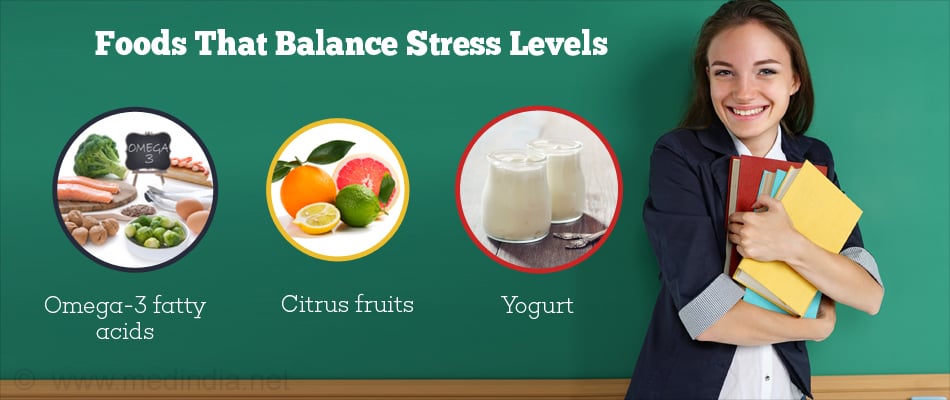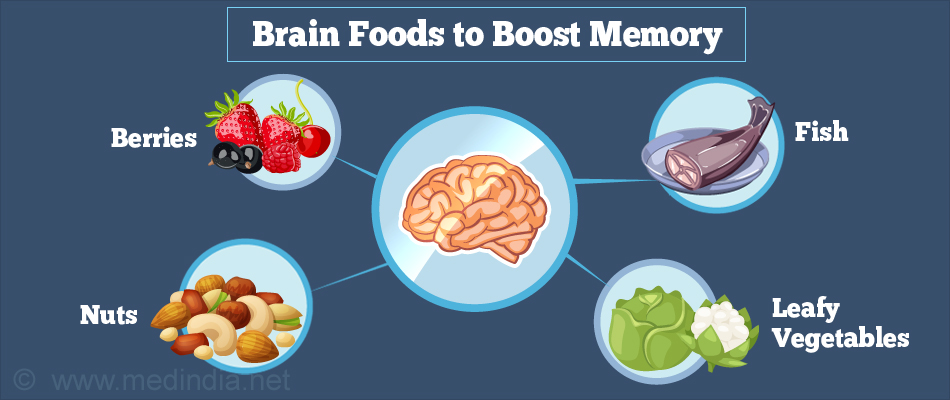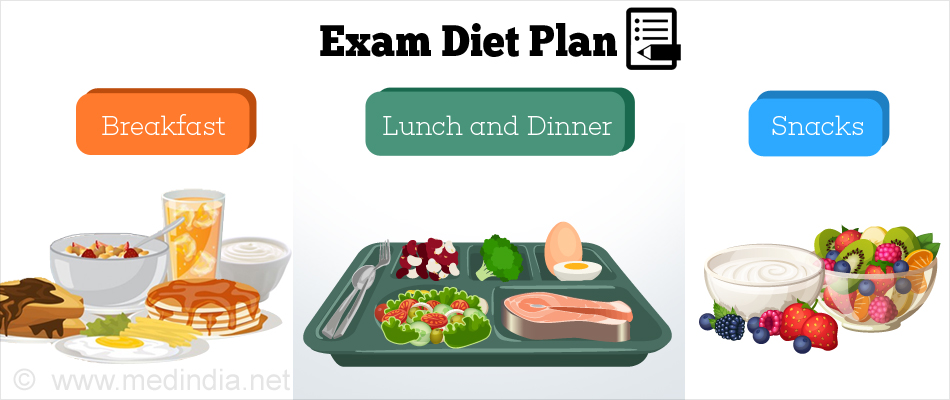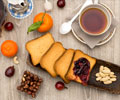- Eating right during exams - (http://www.whiteswanfoundation.org/article/eating-right-during-exams/)
- 12 Best Brain Foods to Eat Before Taking a Test - (https://www.developinghumanbrain.org/best-brain-foods-to-eat-before-taking-a-test/)
- Causes of Test Anxiety - (https://medicine.llu.edu/academics/resources/causes-test-anxiety)
- Help your child beat exam stress - (https://www.nhs.uk/mental-health/children-and-young-adults/advice-for-parents/help-your-child-beat-exam-stress/)
- Coping with stress - (https://www.apa.org/monitor/2015/12/pc)
Information About Exam Stress
Stress of examination strikes not students but it also hits parents. It can be the most stressful event in the yeart for a family. The body has natural ways to respond to a stressful situation through the release of adrenalin and cortisol hormones.
The stimulated endocrine system prepares the mind and body to deal with challenges by release of these stress hormones. However if the release is sustained the cortisol damages the neurons and the dendrites which are the building blocks of memory.
What Causes Exam Stress?
Exam stress especially during school days can wreak havoc, if not dealt with properly. Various contours of examination stress are:
- Brain cells cramming lots of information in a very short time.
- Less than 7 to 8 hours sleep
- Tiredness throughout the day
- Parent’s expectation
- Peer group pressure
- Inadequate guidance
- Inability to remember or to understand
- Ailments – headache, digestive disorder, changed menstruation cycle, blackouts, among others
- Suicidal tendencies
How to Reduce Examination Stress?
There are various strategies to reduce examinaiton stress and these incudes -
- Effective Time Management
- Methods of Relaxation
- Engaging in Exercise
- Healthy Lifestyle Decisions
- Rest Periods and Free Time
- Foods That Balance Stress Levels
These factors metamorphosize stress into anxiety. Exams are milestones of life and while no one can control all factors, one’s diet can help to reduce exam stress and to cross this phase. The best foods to eat before you appear for a test or exam are as follows:
Foods That Balance Stress Levels
Foods rich in omega-3 fatty acids help to balance spiked cortisol levels. ALA (alpha-linolenic acid), EPA (eicosapentaenoic acid) and DHA (docosahexaenoic acid) are omega-3 fatty acids. The food source of EPA and DHA are fish like tuna, salmon, sardine, mackrel, fish oils, eggs and poultry. ALA is found in seeds and nuts like flaxseeds, walnuts. Vegetables like brussels sprouts, cauliflower, kale and broccoli also contain omega-3 fatty acid.
Seafood, beef liver, eggs, beans and seeds (flax, watermelon, pumpkin) are rich in zinc. They help to reduce the stress response and the cortisol levels.
While dark leafy greens, beans, nuts, seeds, whole grains, avocados, yogurt, bananas are good source of magnesium, dark chocolate is the one that the youngsters would pitch on. A cup of hot chocolate in the morning or in between studies acts as a stimulant.
Citrus fruits help to beat stress and keep you fresh. A bowl of fruit salad when kept on the study desk, would be a better snack compared to biscuits.
Probiotics support good gut bacteria that boost moods and nervous system. A glass of butter milk or curd should be essentially incorporated in the student’s diet. Yogurt provides calcium and proteins.
Phosphatidylserine (PS) is a phospholipid complex that naturally occurs in the cells of the human body. PS can blunt cortisol. Foods containing PS include whole grains, legumes, chicken and egg yolks.

Foods That Increase Energy Production
ATP (adenosine triphosphate) helps to transport molecules in the body. Mitochondria play an important role in converting energy from food. Studies have shown that gooseberry enhances mitochondria to spare respiratory capacity.
Common dietary sources of coenzyme Q10 (CoQ10), acetyl-L-carnitine (ALCAR), lutein, zeaxanthin (dark leafy greens, eggs, fish, beef) and antioxidants (berries, olive oil) support the mitochondrial function and energy metabolism. These compounds increase energy efficiency in the cells and improve mitochondrial energetic.
Do not forget the B-complexes. Most of them can be incorporated across these food categories - whole grains, legumes, seafood, eggs, greens, fruits and meat.
Foods for Stronger Dendrites
Studies have proved that unless the dendrites were activated during an experience, the neurons fail to register them as a memory. Berries, nuts, fish, olive oil, legumes, coconut oil, cabbage, cauliflower are some commonly used foods that improve memory. Healthy fats such as nuts, seeds, boost memory as they form protective myelin sheath and brain cells' membranes.

Exam Diet Plan
Skipping food, especially breakfast is quite common during exams and parents are at a loss and confused when it comes to planning a meal before the exams. Here are a few ideas to help you plan a healthy menu.
Breakfast should have combination of carbohydrates, protein and some healthy fats. These will provide satiety, requisite nutrients and slow and consistent release of energy.
- Cup of hot chocolate milk or milk with powdered seeds (watermelon, pumpkin)
- Whole wheat bread/rice with omelette/nut butter/veggies/fish
- Some ice-cream – research shows that ice-cream for breakfast makes one smart.
- Fermented food like idli, upma, dhokla, kefir, Kombucha and cheese make healthy breakfast choices.
Lunch and dinner should be light and can incorporate whole grains with fish/lean meat/ legumes and vegetables, whole grains, peas, beans and vegetables are fiber-rich foods and contain complex carbohydrates which do not make you sleepy before exams.
Snacks can include:
- Bowl of vegetable salads that include berries, tomato, brussels sprouts, cabbage, lettuce, carrot and beets. Sweet potato, tuna, lentils, okra can be added to salads.
- Amla and/or dried fruit nuggets or bar made with jaggery and coconut oil
- Whole wheat biscuits, crackers
- Yogurt-based dessert
- Fruit bowl or smoothie

Remember to have your meal before and after you start preparing for your exam. This will help you to concentrate more and retain what you have learned.








